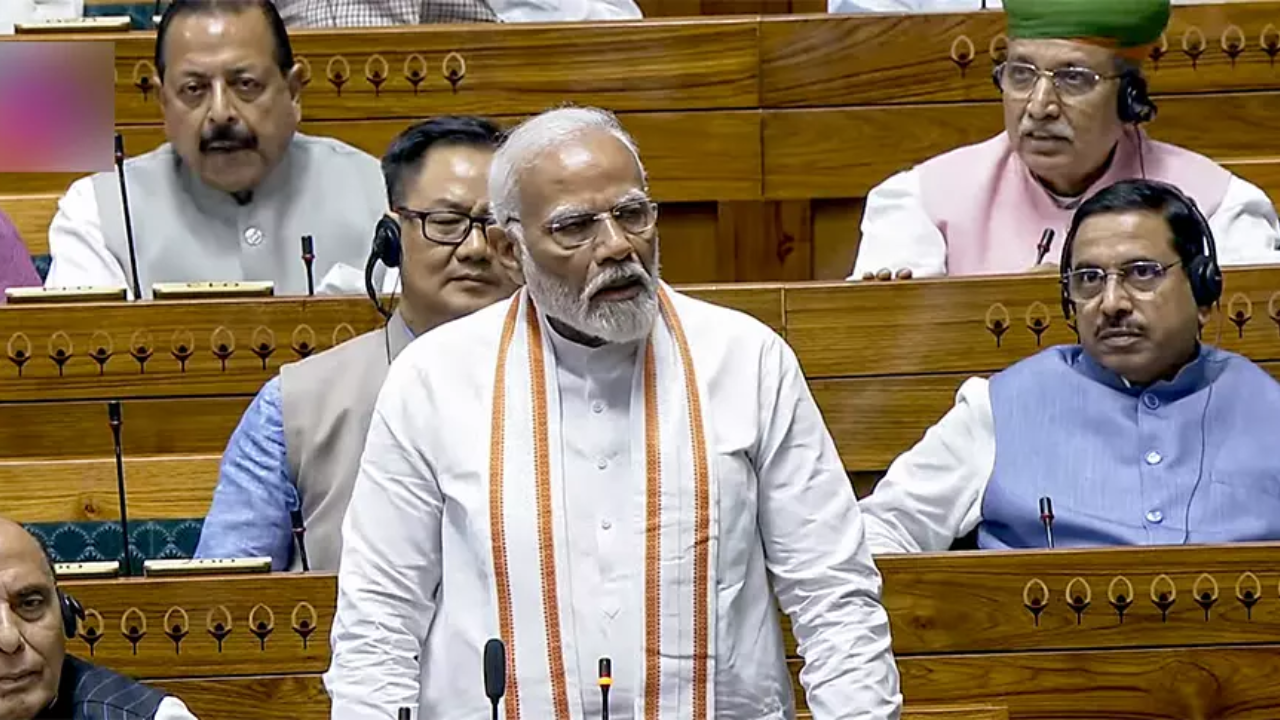India's Constitution: A 75th Anniversary Debate
Get ready for a parliamentary showdown! India's winter session is heating up with a monumental two-day debate on the Constitution, marking its 75th anniversary. This isn't just any debate; it's a clash of ideologies, a battle of words, and a pivotal moment in Indian political history. Expect fireworks as opposition parties and the ruling BJP-led NDA government face off, unleashing a torrent of arguments and counterarguments. This article will break down the key players, the critical issues, and what you need to know to stay informed.
The Grand Debate: Lok Sabha Takes Center Stage
The Lok Sabha, the lower house of India's parliament, will be the stage for the first act of this constitutional drama. Defense Minister Rajnath Singh will kick things off, setting the tone for the debate. The anticipation is palpable; every word, every gesture, will be scrutinized. What key issues will dominate the discussion? Will there be fiery exchanges, unexpected alliances, and shocking revelations?
Points of contention likely to be discussed in detail include:
- Amendments and their impact
- The balance between legislative power and judicial review
- The role of the judiciary in upholding fundamental rights
- Contemporary challenges facing the Constitution's implementation
The sheer gravity of the occasion warrants focused attention. Will there be calls for reform? Will there be a show of solidarity, or a display of fierce partisan division? Prime Minister Narendra Modi's concluding remarks on December 14 are expected to be a highlight, and one of the defining points of the entire event. His response will be eagerly awaited, not just by the Parliament, but by the nation.
Rajya Sabha Weighs In: A Continuation of the Constitutional Discourse
The Rajya Sabha, the upper house, continues the constitutional conversation on December 16th. Home Minister Amit Shah is poised to initiate this phase of the debate, laying the groundwork for further discussion. The expectation is that the level of intensity and the quality of the debate should match the standards of the Lok Sabha discussions.
Potential points of friction that might dominate in the Rajya Sabha:
- Federalism and state-center relations.
- The evolving interpretation of the Constitution in light of modern challenges.
- Fundamental rights, citizens' liberties, and minority protections.
- The intersection of traditional values and evolving societal norms within the framework of the Constitution.
This portion of the debate offers an opportunity for a more nuanced discussion. Senators from various parties are known for their deep expertise and thoughtful contributions to legislative discourse. The concluding remarks by Prime Minister Modi on December 17th are crucial and will solidify the government’s position.
Beyond the Chambers: Public Opinion and the Constitution
The debate is more than just a political spectacle. It's a national conversation about the soul of India's democracy, and whether changes should be brought about, given current challenges. It's a vital chance to discuss its core principles, its successes, and its shortcomings. As the debate unfolds, let’s not just observe – let’s also participate.
The need to involve every citizen
- Understanding constitutional rights
- Civic engagement, discussion forums and awareness drives
- Participatory Democracy to strengthen the Constitution.
The opinions, arguments, and interpretations presented in this debate, will resonate across all sections of society. Therefore, this debate presents an important occasion for every Indian citizen to reflect upon the state of the nation, its governance structures and what changes can be proposed.
The Impact and Implications for India's Future
The outcome of this debate is not solely determined by what transpires in parliament. Public opinion will play a substantial role. How the media portrays the debate, how various social groups and advocacy organisations shape perceptions, and how citizen discussion influences lawmakers, will all be significant contributing factors.
Important considerations
- Long-term implications of the debate’s conclusions for judicial independence, economic policies and social programs.
- The impact of these discussions will significantly affect the political landscape in the short term as well as the long term.
- The manner in which different factions respond post-debate.
Ultimately, this debate is a mirror to Indian society: a reflection of its diversity, its dynamism, and its enduring quest for a better future, where the interests of all citizens are reflected within their foundational Constitution.
Take Away Points:
- India's 75th anniversary of its Constitution is prompting a crucial two-day debate in the Lok Sabha and Rajya Sabha.
- The debate includes significant points of contention which highlight the important challenges facing the implementation and relevance of India’s Constitution in the contemporary period.
- The opinions voiced and policies discussed will affect governance and social realities in India, therefore necessitating active participation and public awareness.
- Public opinion and wider social conversations surrounding this crucial debate are equally significant.




